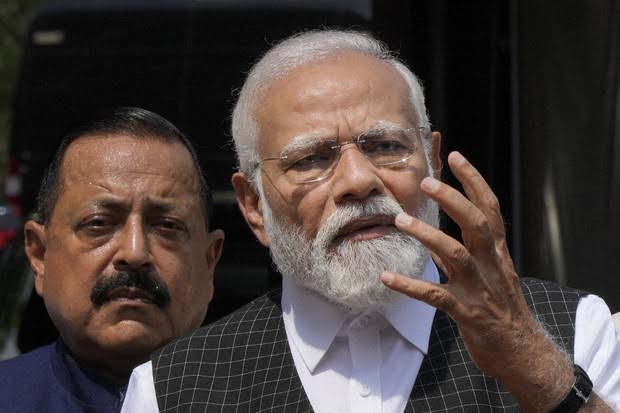India and Japan vow to boost chip supply chains for economic security

India and Japan have agreed to strengthen semiconductor supply chains for increased economic security in response to China’s rising clout in the Indo-Pacific region and beyond.
Yasutoshi Nishimura, Japan’s minister of economy, trade and industry, and Ashwini Vaishnaw, India’s minister of electronics and information technology, signed a memorandum of understanding on Thursday in New Delhi.
The agreement came as Japan aims to deepen partnerships with allies and like-minded nations to develop more resilient supply chains for critical products and materials, including chips, batteries and minerals, in the face of heightened geopolitical and economic security challenges posed by China and Russia.
Japan lags behind global rivals in the ability to manufacture complete semiconductor products, though it has an edge in producing certain materials and chip-making equipment.
India is seeking to increase its own domestic semiconductor production capabilities as it relies on China for most of its imports despite strained relations due to a border dispute.
In line with India’s economic growth, the semiconductor market in the world’s most populous country is expected to grow.
Japan and India are part of the Quad security framework, along with the United States and Australia, which aims to strengthen cooperation as a group, as well as bilaterally among members, to maintain peace and stability in the region.
Nishimura said after his meeting with Vaishnaw in the Indian capital that “India has excellent human resources” in fields such as semiconductor design.
“By capitalizing on each other’s strengths, we want to push forward with concrete projects as early as possible,” Nishimura told a press conference.
U.S. President Joe Biden and Indian Prime Minister Narendra Modi also reached a bilateral agreement in June to boost semiconductor supply chains, alongside key industrial materials and technologies at their summit in Washington.
But Beijing recently announced it will tighten export controls of gallium and germanium — rare metals crucial for chip production — from Aug. 1, in apparent retaliation for U.S. semiconductor export restrictions imposed on China, a move that has increased tensions with Tokyo and Washington.




